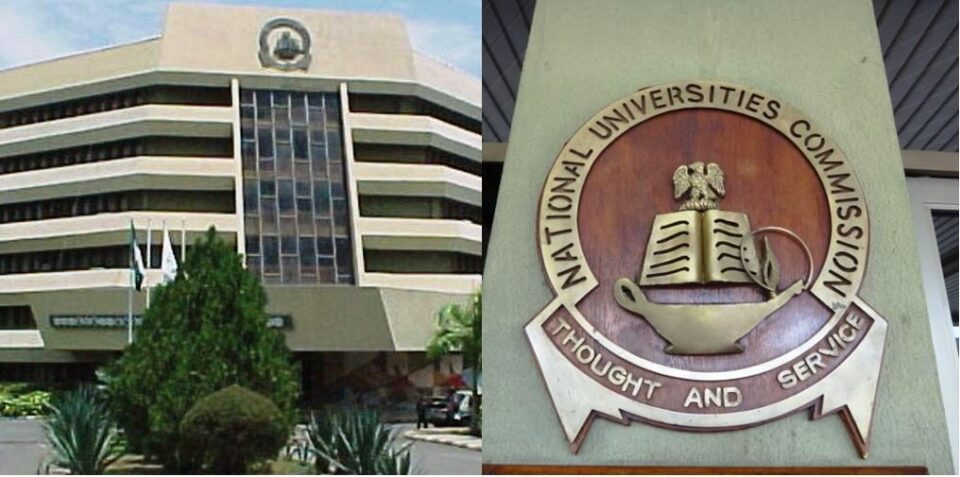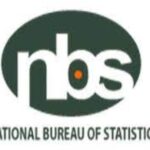By Felix Khanoba
The National Universities Commission (NUC) has partnered with the Commonwealth of Learning (COL), Canada, to address the challenges of graduate employability and the development of entrepreneurial skills in Nigeria.
Speaking at a three-day Stakeholders Capacity Workshop in Abuja on Thursday, the Acting Executive Secretary of the NUC, Chris Maiyaki, urged participants to explore practical solutions to these issues.
He explained that the workshop was designed to develop a national framework and strategies aimed at improving the employability of graduates within the country’s higher education sector.
Acknowledging the skills gap and mismatch in the job market, Maiyaki expressed optimism that a collaborative, multi-stakeholder approach would help build a more effective ecosystem for employment.
He also recalled that in 2005, the NUC conducted a needs assessment survey across Nigeria’s six geopolitical zones to gauge the extent of the skills gap.
“A committee led by Prof. Peter Okebukola was subsequently set up to align the NUC’s strategies with its strategic plan,” he said.
“The committee identified several challenges, including the issue of graduate employability, poor graduate quality, and deficiencies in skills development and entrepreneurship education.
“In response, the NUC established a Skills Development and Advisory Committee in 2018, leveraging subject matter experts, professionals, and regulatory bodies from both the public and private sectors.
“The commission has since introduced the Core Curriculum Minimum Academic Standards (CCMAS) to promote employability and entrepreneurial skills. Universities now have the flexibility to customize 30 percent of their curriculum to suit their specific environments,” Maiyaki added.
In her remarks, Prof. Jane-Frances Agbu, Higher Education Adviser at COL, highlighted the evolving complexities in the modern job market, particularly the issue of skill mismatches.
She stressed the need for companies to hire employees capable of adapting to dynamic challenges, adding that connecting quality assurance with employability is critical for preparing a future-ready workforce.
“Unlike in the 1980s, when a university degree almost guaranteed a white-collar job in Nigeria, today’s job market demands more than just academic qualifications,” Agbu said.
“Graduate employability is now a growing concern for educational institutions worldwide,” she concluded.



